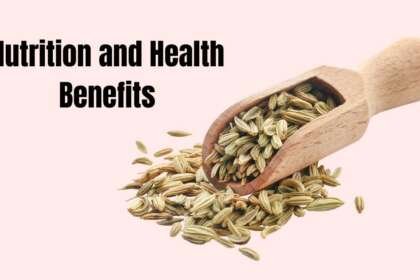As we age, maintaining muscle strength, brain function, and overall vitality becomes more important than ever.
One simple and affordable superfood that often gets overlooked is the whole egg. For decades, egg yolks were blamed for raising cholesterol levels, but modern research shows that this belief is outdated.
In fact, whole eggs for seniors may be one of the best ways to support healthy ageing, fight muscle loss, and improve overall wellness. (Source)
What Makes Whole Eggs So Special?
Unlike egg whites, which are often praised for being fat-free and high in protein, whole eggs offer a complete nutritional package.
The yolk contains essential nutrients that are particularly beneficial for older adults. These include:
- Vitamin D – important for bone health and immune function
- Choline – crucial for brain development and memory support
- Vitamin B12 – helps maintain energy levels and keeps nerves and blood cells healthy
- High-quality protein – supports muscle repair and maintenance
- Healthy fats – aid in hormone regulation and nutrient absorption
Together, these nutrients play a key role in helping seniors maintain strength, prevent age-related decline, and stay independent longer.
Related: How Much Protein is in an Egg White Versus an Egg Yolk?
Fighting Muscle Loss with Whole Eggs
One of the biggest challenges seniors face is sarcopenia, the natural loss of muscle mass that occurs with age.
This can lead to weakness, falls, and reduced mobility. Studies show that whole eggs for seniors can be an effective dietary choice to combat this issue.
The protein found in whole eggs contains all nine essential amino acids, making it a complete protein source.
But what makes whole eggs better than just egg whites is the presence of fat-soluble vitamins and other nutrients in the yolk that enhance protein absorption and muscle protein synthesis.
This means your body uses the protein more efficiently when consumed with the yolk.
A 2017 study found that consuming whole eggs after exercise led to 42% more muscle-building activity than eating the same amount of protein from egg whites alone.
This makes whole eggs a powerful ally for seniors trying to preserve or regain muscle.
Are Egg Yolks Safe for Seniors?
For many years, people were warned to avoid egg yolks because of their cholesterol content.
However, current research shows that for most healthy individuals, dietary cholesterol has little effect on blood cholesterol.
According to the American Heart Association, moderate egg consumption is safe for most people, including seniors.
In fact, cholesterol in food does not significantly raise the body’s cholesterol in the way once thought.
Instead, saturated and trans fats in processed foods are the real culprits.
So unless a doctor has specifically advised otherwise, eating one to two whole eggs a day can be part of a healthy, balanced diet for older adults.
Whole Eggs Are Budget-Friendly and Easy to Prepare
One of the best things about whole eggs for seniors is their affordability. Compared to many other high-protein foods like meat or fish, eggs are much cheaper and have a longer shelf life.
For seniors living on a fixed income, this makes them an excellent nutritional investment.
Eggs are also easy to cook, requiring minimal prep time or ingredients. Whether boiled, scrambled, or made into an omelette with some vegetables, eggs are a versatile and convenient option for breakfast, lunch, or dinner.
Other Health Benefits of Whole Eggs for Seniors
In addition to supporting muscle health, whole eggs offer several other benefits for older adults:
- Brain Health: The choline in egg yolks supports memory and cognitive function, which is especially important for preventing age-related mental decline. (Source)
- Bone Strength: Vitamin D and phosphorus help maintain bone density, reducing the risk of fractures and osteoporosis. (Source)
- Immunity Boost: Eggs provide important vitamins and antioxidants that support immune defense, helping seniors fight off illnesses more effectively.
- Eye Health: Lutein and zeaxanthin, antioxidants found in the yolk, help protect vision and reduce the risk of age-related eye conditions like macular degeneration. (Source)
Bottom Line
It’s time to rethink the role of whole eggs in the diet, especially for older adults.
Rather than avoiding the yolk, seniors should embrace the full egg as a nutrient-rich, affordable, and powerful tool in their fight against muscle loss and ageing.
Unless you’ve been specifically advised by a healthcare provider to limit eggs, adding whole eggs for seniors to your regular diet is a smart move.
With the right balance of protein, healthy fats, vitamins, and minerals, this simple food can offer big benefits for strength, vitality, and long-term health.












